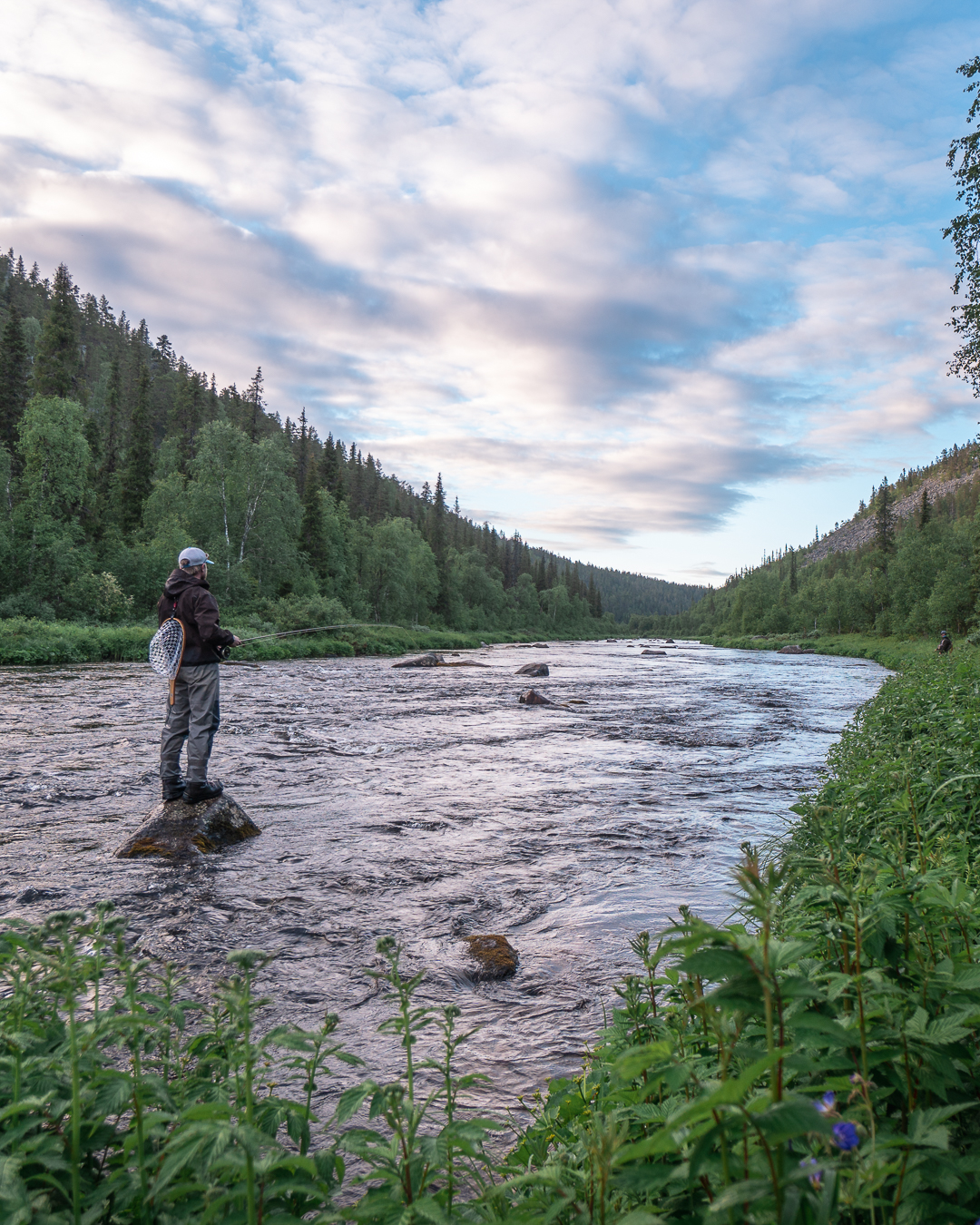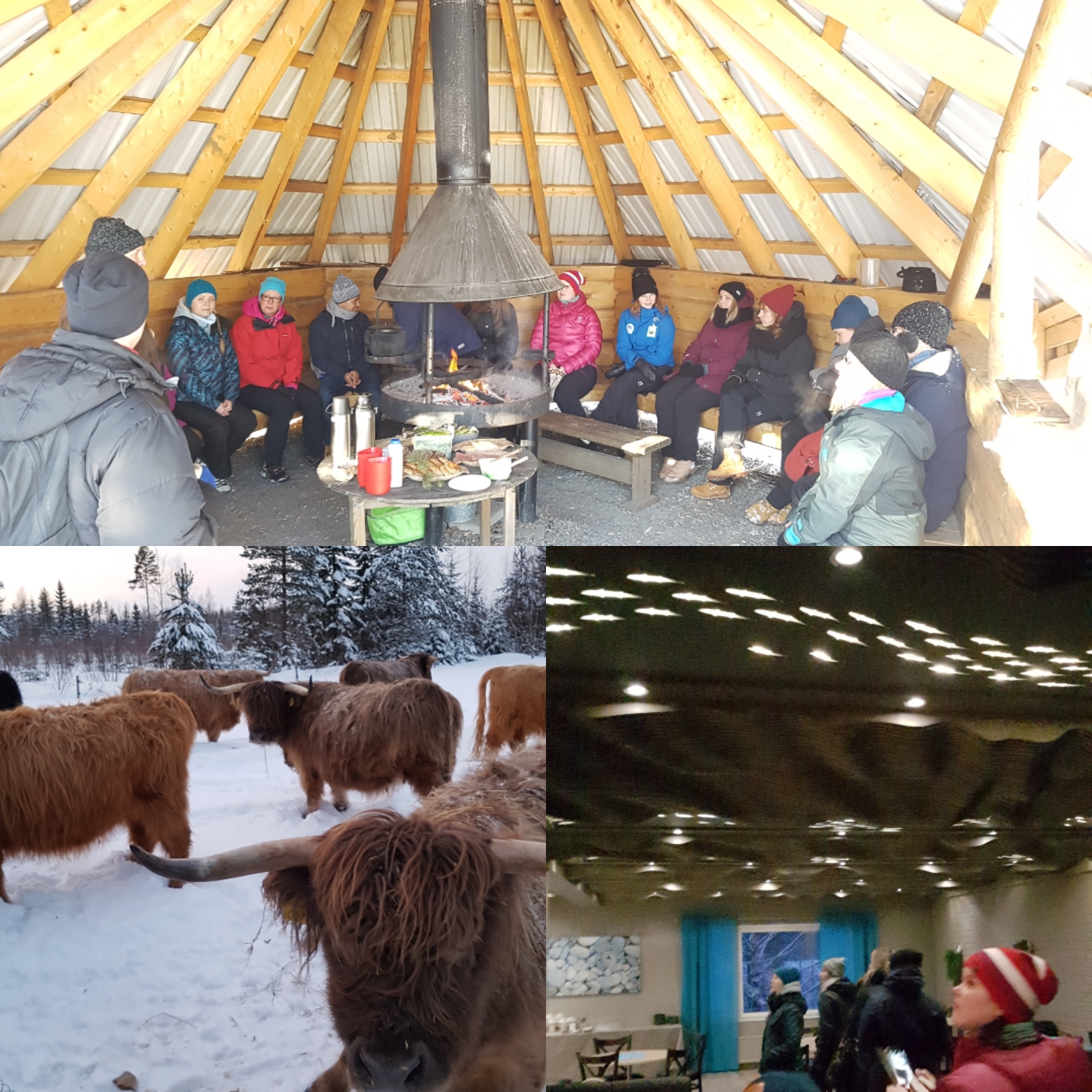
Research: What Do Fishermen Value as a Tourist Experience?
A new Tourism Marketing and Management research suggests that fishing tourists’ lived experience is always built around the same core elements. The elements in the order of importance are the following: emotional value, social value, and epistemic value. This means that Finnish fishing tourists value such elements as nature, peace-and-silence (i.e. emotional value). Also, […]

TMM developing tourism business at Etelä-Konnevesi region
Our International Master’s Degree Programme in Tourism Marketing and Management (TMM) has started a collaboration with municipalities of Konnevesi and Rautalampi and tourism stakeholders in the region. The concrete first step in this collaboration was a two-day workshop on developing nature tourism in the Etelä-Konnevesi region, organized in Konnevesi research station 14.-15.3.2018. Together with Anne […]
Nature tourism is trending as we start to understand how healthy being in nature is
Nature tourism in Finland is all about “the space to breathe, a time to dream, hiking in summer, cross-country skiing in winter, gathering berries and mushrooms or simply a gentle walk in the woods.” (http://www.visitfinland.com/finrelax/). Nature is also one of the central themes in Master’s Degree Programme in Tourism Marketing and Management (MDPTMM, www.uef.fi/tmm). Why is […]